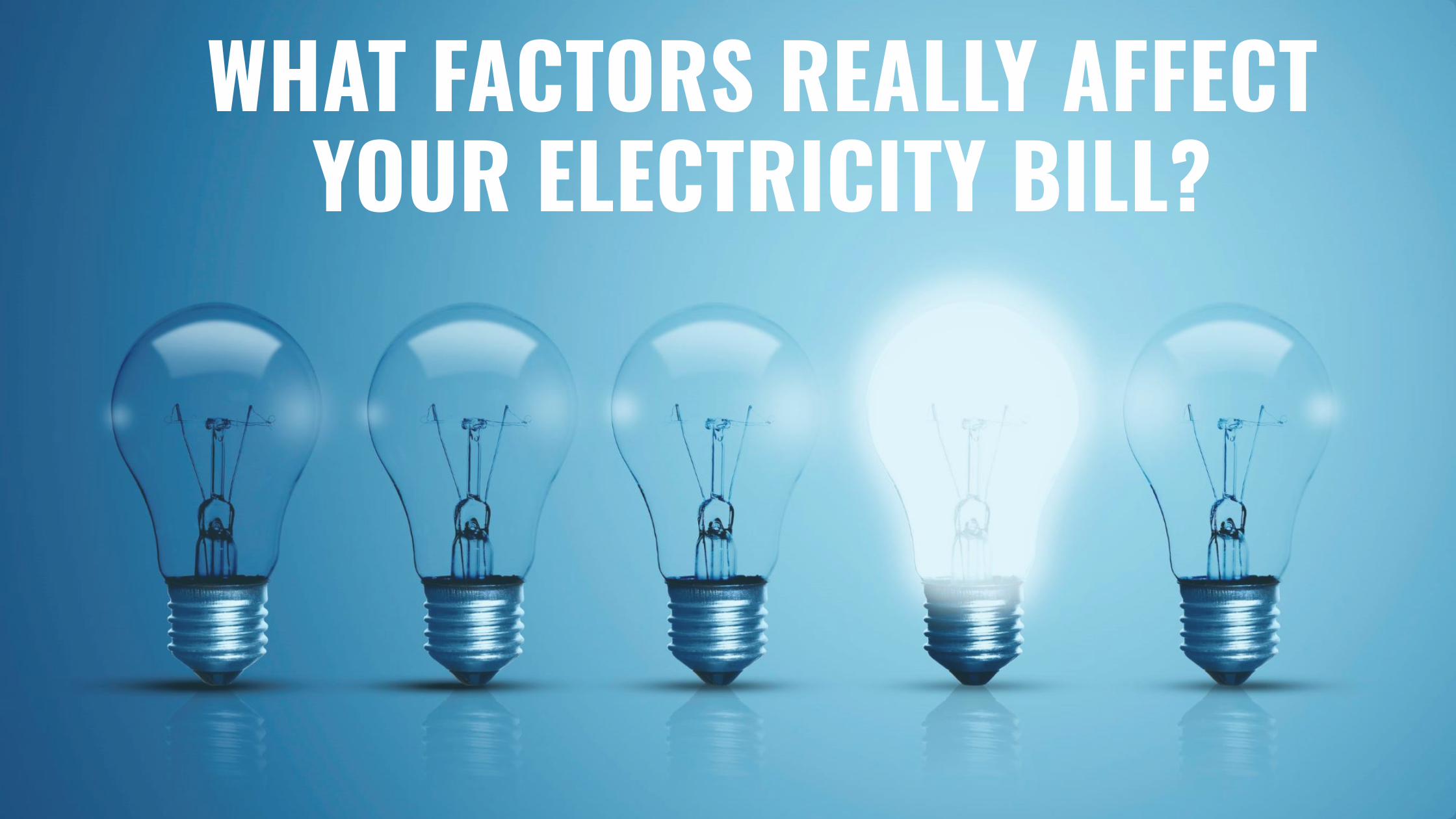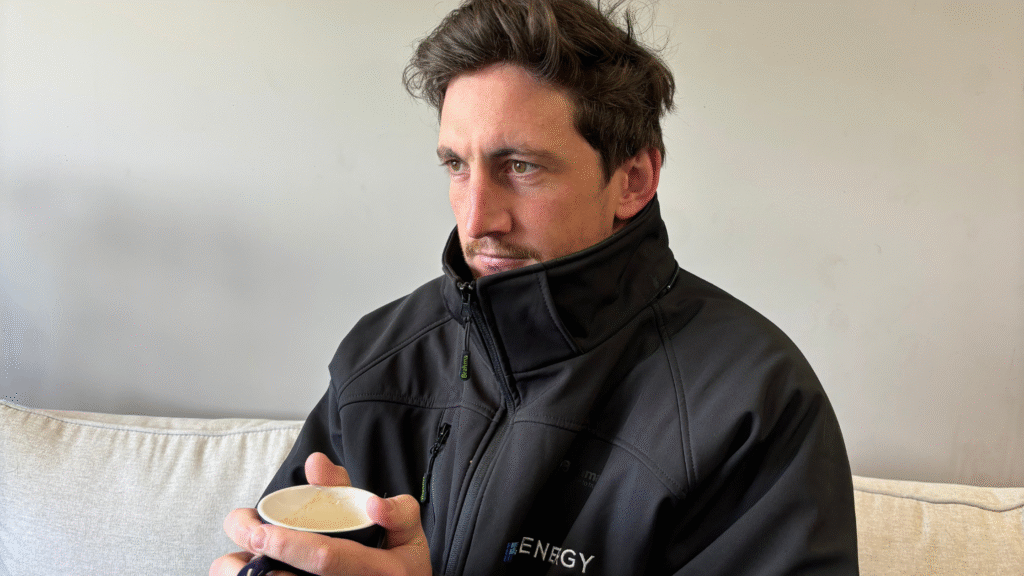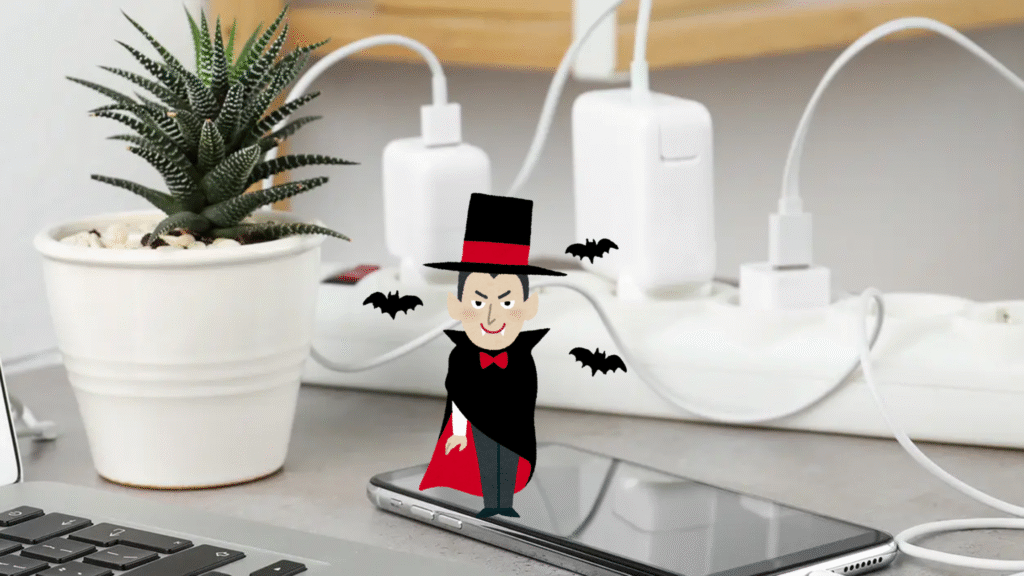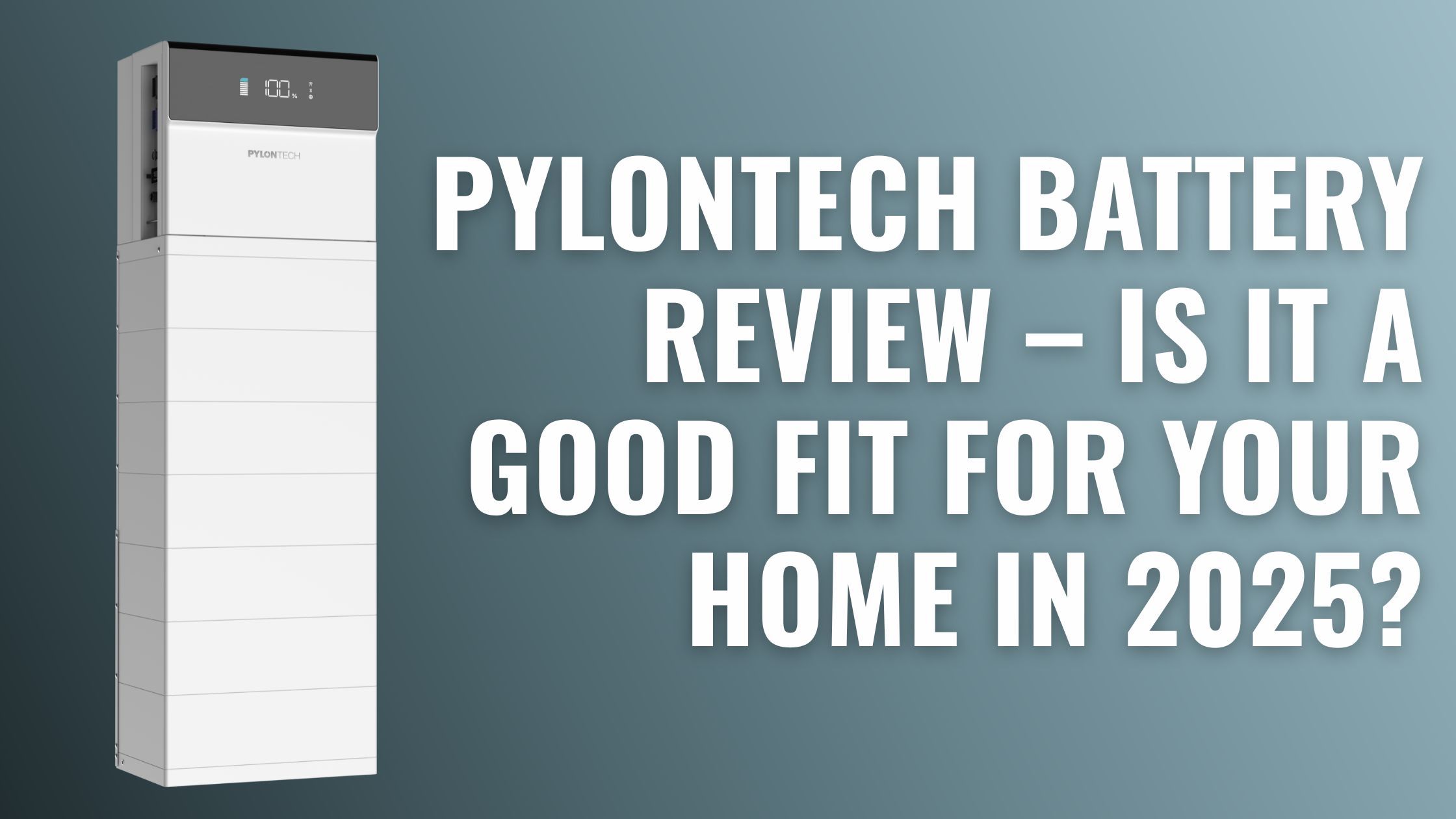
Written by Donna Wentworth
Last Updated: May 30, 2025
What Factors Really Affect Your Electricity Bill?
Why is your electricity bill still going up when you feel like you’re doing everything right?
You switch off the lights when unused. You don’t run the heater all day. You’re not using any new appliances. And yet, month after month, the bill keeps climbing.
At Lenergy, we hear this from different households all the time. The truth is, it’s not always the big things that drive your energy costs. Often, it’s the small, everyday habits that quietly add up. Unless you know where to look, they’re easy to miss.
In this blog, you’ll learn exactly what’s really affecting your electricity bill, and how simple behaviour changes at home can lead to real, noticeable savings.
What Causes Your Electricity Bill To Go Up?
Let’s break down the key things that can really drive up your electricity costs.
1. Appliance Usage
Not all appliances are created equal. Running a dishwasher once a day doesn’t use the same energy as running a reverse-cycle air conditioner for hours. Big-ticket appliances like heaters, air conditioners, dryers, ovens, and fridges are responsible for a large share of your energy use, and how you use them matters just as much as how often.
What makes it worse:
- Running high-energy appliances during peak times
- Using inefficient or older models
- Forgetting to maintain or clean filters and vents

2. Heating and Cooling Habits
Climate control is a major cost in most Australian homes, especially in extreme seasons. A heater or air conditioner running all day, even at just a couple of degrees too high or too low, can significantly spike your bill.
What makes it worse:
- Leaving systems running when you’re not home
- Setting the temperature too low in summer or too high in winter
- Failing to insulate or seal doors and windows properly

3. Standby Power
Even when devices are off, they’re often not really off. TVs, game consoles, modems, microwaves, and even coffee machines often draw power in standby mode (sometimes 24/7).
What makes it worse:
- Leaving devices plugged in and switched on at the wall
- Not using switched power boards.
- Having multiple entertainment or office setups running simultaneously
4. Daily Routines and Timing
Running appliances during peak times (like early evening) can cost more if you’re on a time-of-use tariff. Even if your rate is flat, using lots of power during peak grid demand can impact supply and future pricing.
What makes it worse:
- Doing laundry, dishes, or showers during peak hours (7am-9am and 5pm-8pm)
- Boiling the kettle multiple times a day
- Letting the dryer or oven run longer than needed
5. Lighting and Electronics
While lighting may not be your biggest energy user, it still matters, especially if you’ve got a large home or you’re using older globes. The same goes for computers, gaming systems, and home office gear.
What makes it worse:
- Leaving lights on in empty rooms
- Using halogen or incandescent bulbs (opt for LED bulbs instead)
- Running multiple screens or devices at once

6. Behaviour, Not Just Equipment
The most overlooked factor? Human habits. Two identical homes with the same appliances can have completely different bills based on how people live in them.
What makes it worse:
- Being unaware of how much energy certain behaviours use
- Not tracking or checking usage
- Assuming small things don’t matter
Your electricity bill isn’t just about what’s plugged in. It’s about how and when you use it. The key is awareness. Once you know where the power goes, you’re in a better position to manage it, without giving up comfort.
The Real Cost of Habits
You might not realise it, but it’s often the little, automatic things you do every day that quietly drive up your electricity bill. These habits feel harmless, until they become routine. Let’s break down a few examples.
Leaving Devices on Standby
That red light on your TV? It’s a tiny cost on its own. But now multiply that across your modem, game consoles, soundbar, microwave, coffee machine, and chargers left in the wall. Suddenly, standby power can account for 5–10% of your total energy bill. It’s called “vampire energy” for a reason. It drains power even when nothing’s being used.

What you can do:
Use a power board with a switch, and turn it off overnight or when you leave the house. Easy win.
Heating and Cooling Without Thinking
Australia’s climate swings, from scorching summers to chilly winters, can tempt anyone to overuse air conditioning or heating. But setting your thermostat just 1°C higher in summer or lower in winter can increase your energy use by around 10%. (link blog to ideal temp)
What you can do:
Before turning on energy-intensive appliances like air conditioners or heaters, consider more energy-efficient alternatives. In summer, ceiling fans can significantly reduce the need for cooling by improving air circulation, and they use far less electricity than traditional air conditioners. During winter, layering your clothing and using blankets can help maintain warmth without immediately resorting to heating systems. Also, be mindful of your home’s insulation—closing doors and windows ensures that the conditioned air stays inside, rather than escaping outdoors.
Running Appliances at the Wrong Time
In many regions across Australia, electricity providers offer time-of-use pricing, where the cost of power varies depending on the time of day. Off-peak hours—usually late at night or early in the morning—come with significantly lower rates. By contrast, using high-energy appliances such as dishwashers, washing machines, and clothes dryers during peak periods (typically weekday evenings) can result in unnecessarily high electricity bills.
What you can do:
Use timers or delay-start functions to run major appliances including dishwashers, washing machines, and clothes dryers overnight. It’s better for your bill and the grid.
Using the Wrong Settings
Washing clothes in hot water or overloading your fridge might not seem like a big deal, but it adds up. Washing with cold water can cut your machine’s energy use by up to 80%, and keeping your fridge overpacked reduces airflow, making it work harder.
What you can do:
Wash clothes in cold water. Keep fridge temps at 3–5°C and don’t block the vents inside.
Lights, Everywhere
Leaving lights on is one of the oldest habits in the book. Even with energy-efficient LEDs, it’s still wasted money when no one’s in the room.
What you can do:
Get into the habit of switching lights off. Or better yet, install motion sensors in high-traffic areas like hallways or bathrooms.
You don’t need to overhaul your life. Just rethink the things you do every day without noticing. These common habits, when done differently, can lead to real savings over time.
Take Back Control of Your Electricity Bill
If your power bills have been creeping up and you’re not sure why, you’re not alone. The good news is, you don’t need to guess or make extreme sacrifices to cut your costs.
Small, consistent changes in how you use appliances, when you run them, and how you heat or cool your home can make a noticeable difference. These aren’t just energy-saving tips. They’re habit shifts that put you back in control.
And if you want real, ongoing support to keep your energy use in check, it helps to have a provider that’s on your side.
That’s where Lenergy comes in.

Ready to take control? Visit Lenergy to explore smarter energy options, track your usage, and find a plan that suits the way you live.








